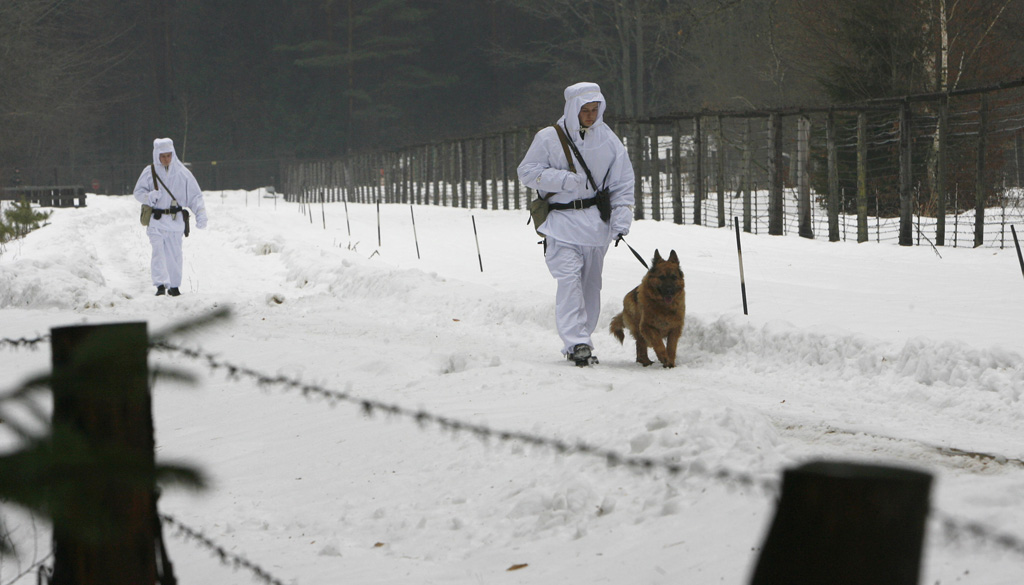
In the news:
The arrest of opposition activist Roman Protasevich and his girlfriend, Sofia Sapega in Minsk last Sunday, following the forced grounding of Ryanair flight FR4978 from Athens to Vilnius has captured headlines this week. Mr Protasevich is a former editor of Nexta, an online dissident group with the most popular Telegram messaging channel in Belarus. Nexta produces online content in a similar style to that of Russian activist Alexei Navalny, uncovering corruption in Europe’s last dictatorship.
Although state-run Belarussian TV initially claimed that the plane had requested the diversion to Minsk, a later transcript was shown in which air traffic controllers told the pilot that there was a bomb on board the plane. A Russian-bought MiG fighter jet escorted the plane to Minsk airport, where Mr Protasevich and Miss Sapega were detained. Belarus is the last country in Europe to impose the death penalty, and the inclusion of Mr Protasevich on a KGB list of terrorist suspects (for which the death penalty applies in Belarus) has sparked fears over his sentencing. However, he has so far only been charged with organising mass unrest for his coverage of the 2020 election (widely known to have been rigged). The Committee to Protect Journalists records the murders of six journalists in Belarus since 1994, when Alexander Lukashenko became dictator. Self-exiled opposition leader Sviatlana Tsikhanouskaya, who entered politics herself after the arrest of her journalist husband, has reported that she believes Mr Protasevich (who suffers from heart disease) may currently be in hospital following heart complications.
Estonia’s president, Kersti Kaljulaid, has reiterated her pleas for the UK to take a tougher stance on money entering the country from corrupt regimes, whereafter it is dissipated through the London financial sector. She first requested the UK make needed changes after the attempted murders of Sergei and Yulia Skripal in 2018 by FSB agents. While the government has stated it will take action, there is not yet any evidence of fresh safeguards to prevent money flowing through the UK system. The UK, which already sanctions Belarus, is now preparing to discuss further sanctions in tandem with EU leaders.
In other news:
- On Wednesday, Mr Justice William Davis acquitted Peter Metcalf, 72, Donald Denton, 83, and Alan Foster, 74, who had been accused of changing 68 officers’ statements to withhold important evidence and criticisms of the police operation at the Hillsborough disaster in 1989. The original inquiry was not a statutory inquiry, and so the offence of perverting the course of justice could not have been committed. The families of the victims view this as the disappointing end of their 32 year-long battle for justice. Bereaved families of Covid victims have now joined calls for a statutory duty of candour to be applied to public authorities, requiring proactive honesty from public figures. The law would also increase funding for families of victims, where previously they have had to self-fund against a well-prepared state.
- The Law Society released its response on Friday to the Independent Criminal Legal Aid Review. The response states the view of the Society bluntly, that the criminal defence profession could collapse if the government does not increase funding. Criminal law firms are leaving the market in their hundreds, and the response estimates that within ten years, there could be regions of the country without any duty solicitors at weekly intervals. Debt-saddled students are taking the advice of criminal practitioners and are avoiding entering the profession entirely.
In the courts:
- Decided on Friday, M (Children: Applications By Email) [2021] EWCA Civ 806 (28 May 2021) sets out the dangers of informal applications and orders made in the judicial system. Although the benefits of waiving formal requirements have become central during the coronavirus pandemic, this case saw a mother with low cognitive functioning unable to challenge a decision to vacate her psychological assessment. The children’s guardian applied by email to vacate the assessment after the mother missed her appointment and was unresponsive. This was granted by the judge on the basis solely of the emails sent, despite that the mother’s own parent had suddenly died. The Court of Appeal reiterated that “The default position is that there should be a hearing,” and this can be avoided only where a hearing is clearly unnecessary or inappropriate.
- In MD & Anor, R (On the Application Of) v Secretary of State for the Home Department [2021] EWHC 1370 (Admin), handed down on Monday, the High Court granted a declaration of incompatibility with article 14 of the ECHR. Two single mothers in receipt of asylum support who were victims of trafficking found themselves unable to access further support with respect to their dependent children. A quirk of the interlocking welfare legislation, which normally provides dependent child support for victims of trafficking, could not be provided where the applicant was also in receipt of asylum support. While the Secretary of State admitted that this was a ‘mistake’, the challenge to the discrimination was resisted on the basis that the saving of public costs was a sufficient legitimate aim to justify the difference in treatment. Kerr J, however, refused to ‘indulge the executive’ with a defence of justification for their mistake, and denied that remedying the difference was providing ‘immediate solutions to complex problems’, which could better be solved by an indeterminate internal review process.
The post The Weekly Round-up: Further sanctions for Belarus and the end of the legal road for Hillsborough appeared first on UK Human Rights Blog.
















